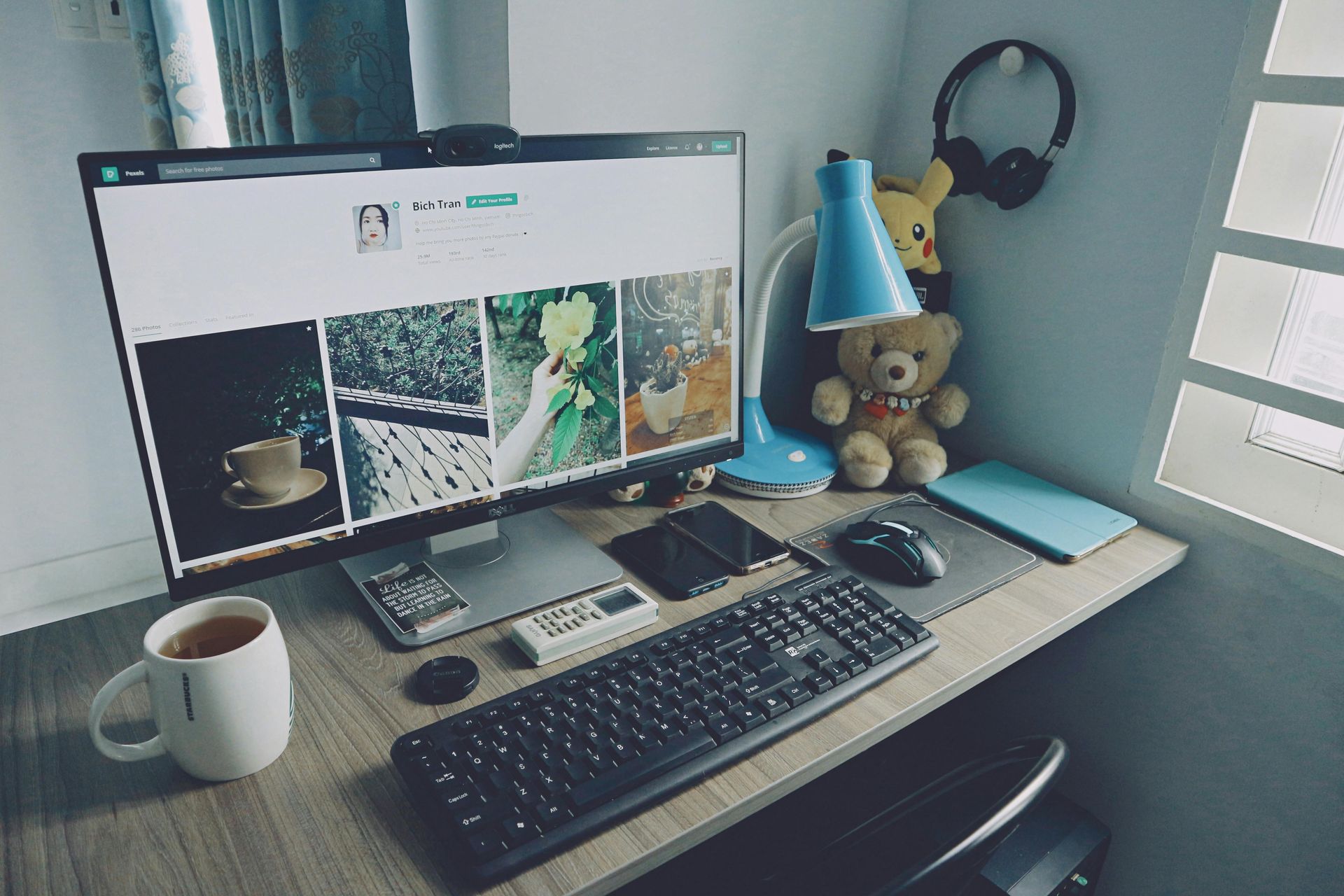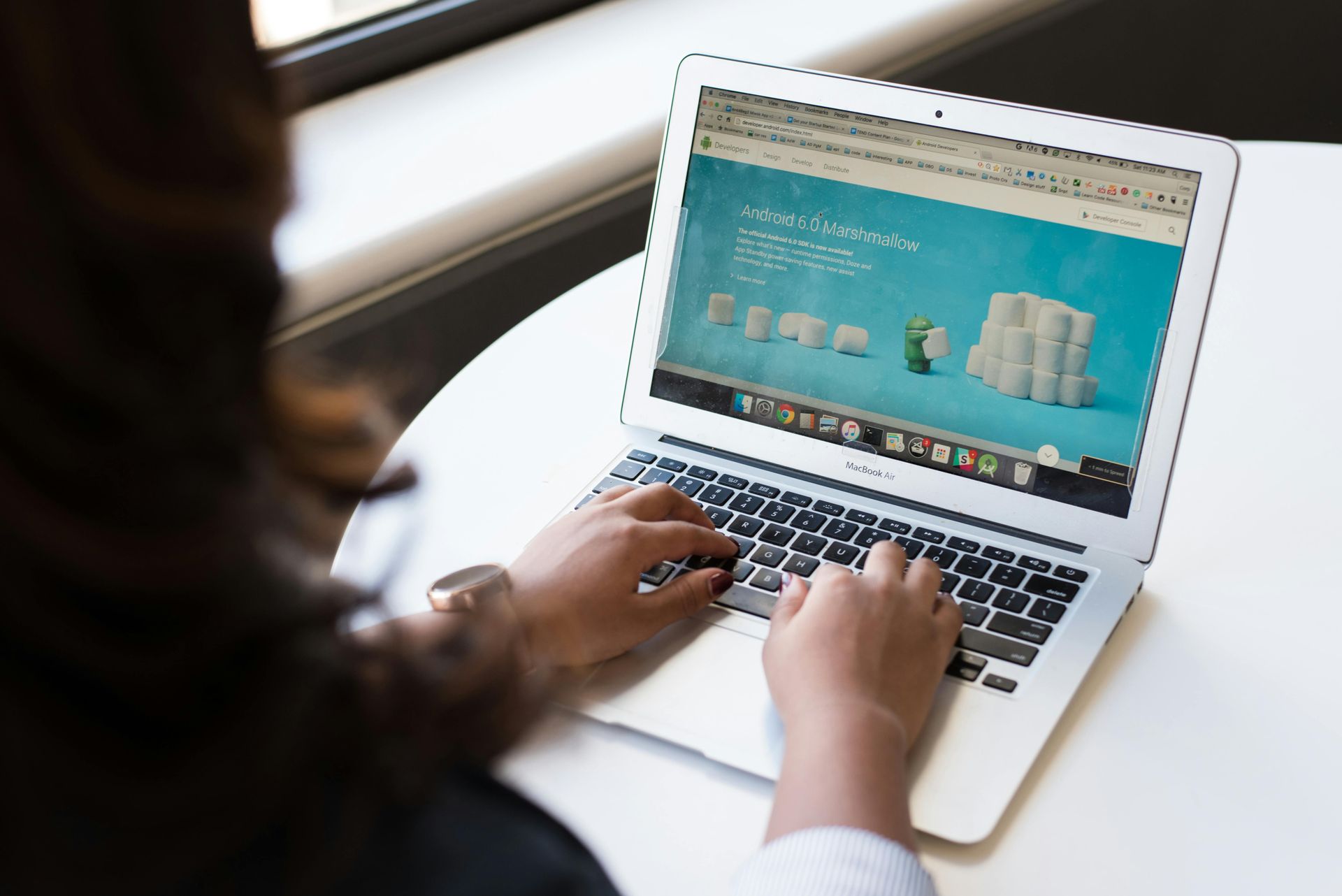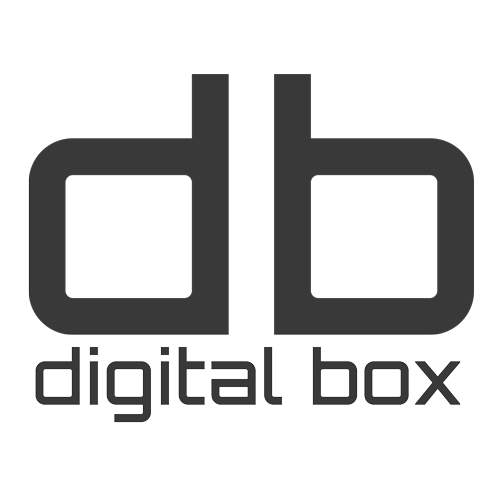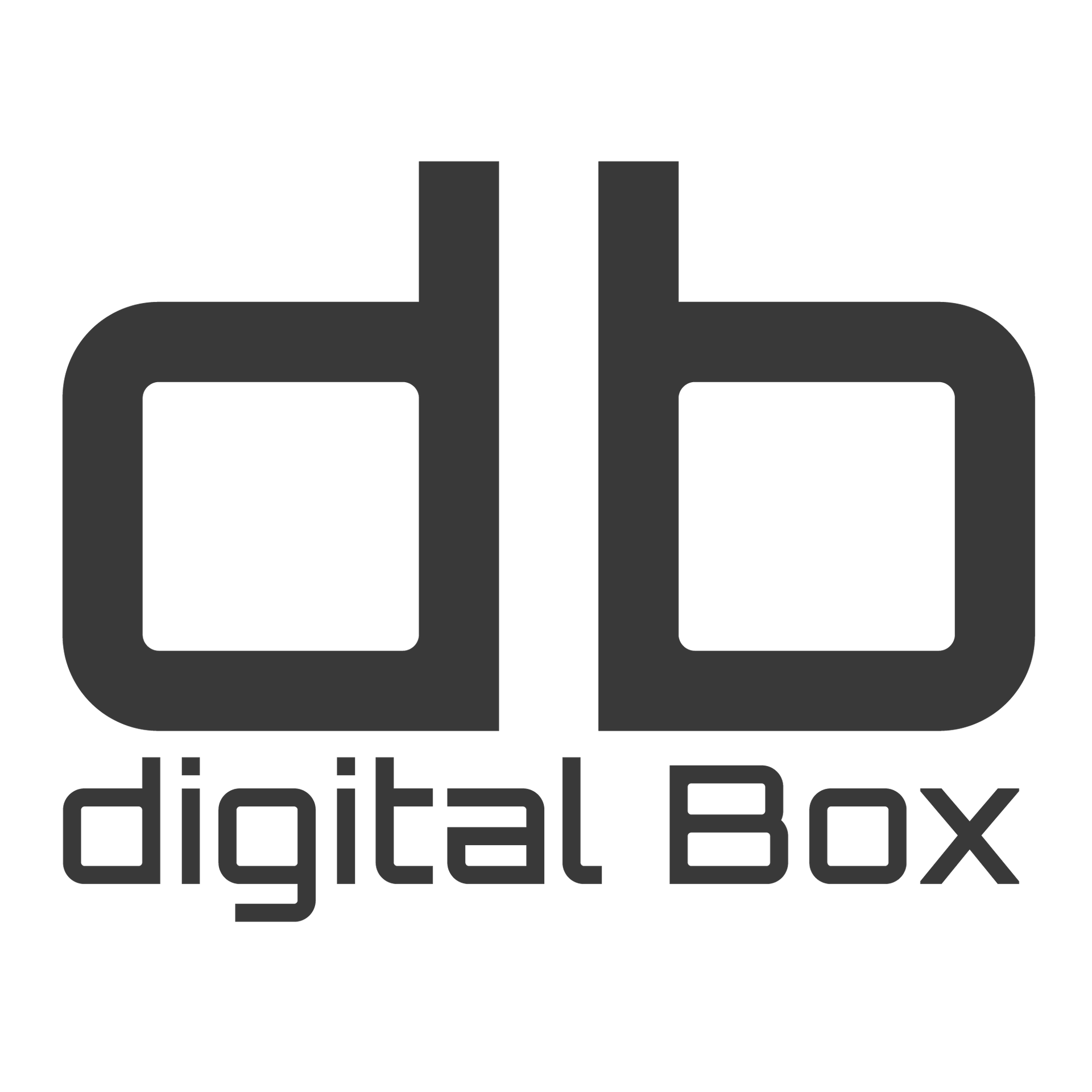Why Starting Small with Your Website Is Often the Smartest Move
When you’re launching or growing a business, there’s always a temptation to go big: flashy branding, all the bells-and-whistles features, maybe even a custom-built website that costs as much as a used car. But here’s the truth—starting simple (and yes, cheap) with your website is often the best strategy.
Let’s break down why a budget-friendly starter website makes sense, and how it sets you up for long-term success.
1. A Website Gives You Instant Presence
Having a website—even a lean, no-frills one—puts you on the map. In today’s world, customers almost always search online before they make a decision. If you’re not there, you don’t exist (at least in their eyes).
A basic site with:
- Your business name
- A short description of what you do
- Contact details and maybe a few service/product highlights
This is often enough to build trust. It shows you’re legitimate, reachable, and open for business.
2. Costs Should Match Your Stage of Business
When you’re just starting out, every penny counts. Dropping a huge chunk of money on a website before your business has proven traction can feel like putting heated leather seats in a car you’re not sure even runs yet.
By starting with an affordable option, you:
- Keep overheads low
- Focus resources on things that directly bring in customers (like ads, stock, or equipment)
- Avoid committing to features you might not need in six months

3. You Can Scale Later—And That’s the Point
The beauty of a website is that it can grow with you. What starts as a simple three-page site can expand into:
- Online booking systems
- Ecommerce shops
- Blogs and resources
- Integrated marketing tools
When your business reaches a stage where you can justify those upgrades (because your website is generating leads or sales), investing in them makes complete sense. Until then, you don’t need them sitting there collecting digital dust.
4. ROI Should Drive Investment
Here’s the golden rule: your website should pay for itself.
If you spend £300 on a starter site and it helps you secure a £1,000 contract, that’s a return worth shouting about. Once you can clearly see the value, scaling up becomes less of a cost and more of a business decision backed by data.
Wrapping It Up: Don’t Let “Perfect” Stop You from Starting
Your first website doesn’t need to win design awards. It just needs to exist, look professional, and clearly tell people what you do. From there, as your business grows and your website begins to deliver measurable returns, you can reinvest into a more polished, feature-rich platform.
At Digital Box, we build simple, scalable websites designed to grow with you. Affordable now, expandable later. If you’re ready to get your business online without blowing the budget, let’s talk: Click Here to get Started.



